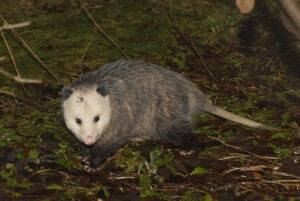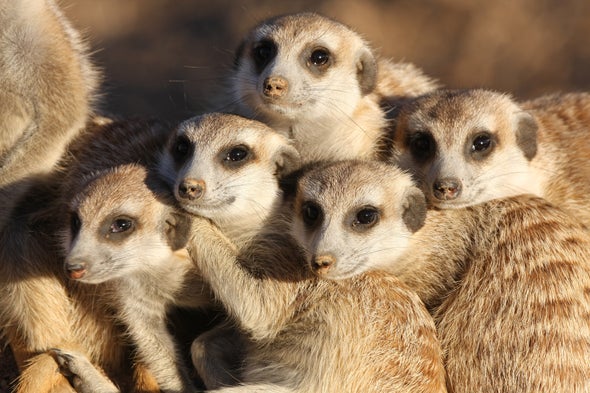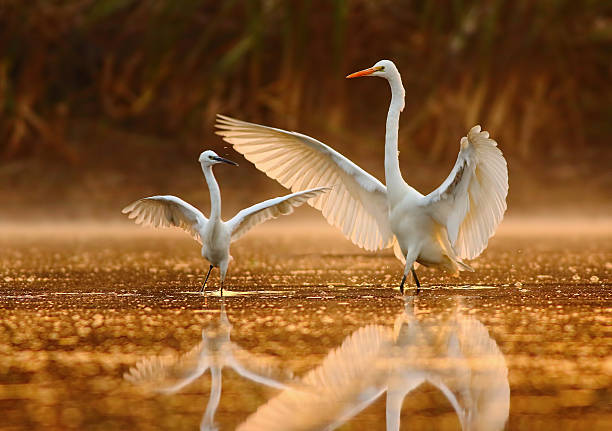Black-shouldered opossum (white-eared opossum)
INTRODUCTION
Hi, I’m a Black-shouldered opossum. We were first described by Colin Campbell Sanborn, curator of the Field Museum of Natural History, in 1951, also known as the white-eared opossum. We have a broad, black stripe from our shoulders to our front legs that distinguish us. Our densely furred tail is gray, turning white at the end, with a hairless underside. We forage at night in trees for a wide diet, including fruits and grubs. We are an inhabitant of tropical forests and rainforests. We are known only from five different localities. Our breeding season starts in mid-winter to late autumn. My charming female gave birth to up to 2 young in the gestation of 13 – 14 days.
- AVG. READING TIME: 8 MINUTES
- UPDATE: 10/04/2022
DIET : Fruits and grubs
HABITAT : Tropical forest and rainforest
SOCIAL UNIT : Variable
LOCATIONS : W. America
STATUS / POPULATION : Least Concern (IUCN) Low-risk category that includes widespread and common species / Unknown
MAMMALS:MARSUPIALS
KEY FACTS

SCIENTIFIC CLASSIFICATION
Kingdom – Animalia
Phylum – Chordate
Class – Mammals
Order – Didelphimorphia Gill
Family – Didelphidae Gray
Genus – Caluromysiops Sanborn
Genus Species – Caluromysiops irrupta Sanborn
INTERESTING FACTS
1- It is nocturnal (active mainly at night) and arboreal (tree-living); it is known to feed on fruits and rodents
-
CALLING NAMES / SCIENTIFIC NAME
Calling name: Black-shouldered opossum, White-eared opossum
Scientific Name: Caluromysiops irrupta -
COLOUR VARIATIONS
Gray and black
-
LIFE SPAN : CAPTIVITY / WILD
Captivity: 7 years and 10 months
Wild: N/A -
APPROXIMATE SIZE : LENGTH / HEIGHT
Length: 25 - 33 cm (9.8 - 13.0 in)
Height: Estimated (2 - 5 inches) -
TAIL
31 - 40 cm (12 - 16 in)
-
WEIGHT
21 grams (0.75 ounce)
-
MIGRATION
No migration
-
SEX IDENTIFICATION
MALE :Observe the lower body near the tail. The male's testicles, visible also from the side or back of the animal, become distinguishable seven days after birth, becoming large and furry. The male also has a bifurcated (fork-shaped) penis.
FEMALE: If you find a dead possum on the road and identify it as a female, check her pouch -
BREEDING SEASON
Midwinter to late autumn
-
REPRODUCTION / GESTATION PERIOD
Reproduction: One to two times a year
Gestation period: 13 - 14 days -
CLUTCH / LITTER SIZE
Up to 2 young
-
SIMILAR SPECIES
Virginia opossum
-
LOOK A LIKE
Rodents, Rats and Squirrel
-
FARM ANIMAL
No
-
FOUNDED IN / DISCOVERED
It was first described by Colin Campbell Sanborn, curator of Field Museum of Natural History, in 1951
-
ORIGIN
Western Brazil and southeastern Peru
-
DISTRIBUTION
Western Brazil and southeastern Peru
-
OCCURRENCE
Families: 19
Species: 363 -
FUEL FOR LIFE / TROPHIC LEVEL
Carnivorous
-
SIGNS / MARKS
N/A
-
PREDATORS
Dogs, coyotes, foxes, raccoons, bobcats, eagles, hawks, and owls
-
AVAILABLITY IN ZOO / MUSEUM
National Museum of Natural History, Washington, DC, USA
-
TO HUMANS
Not dangerous
-
AS A PET
Not recommended
-
KIDS FAVOURITE
No





